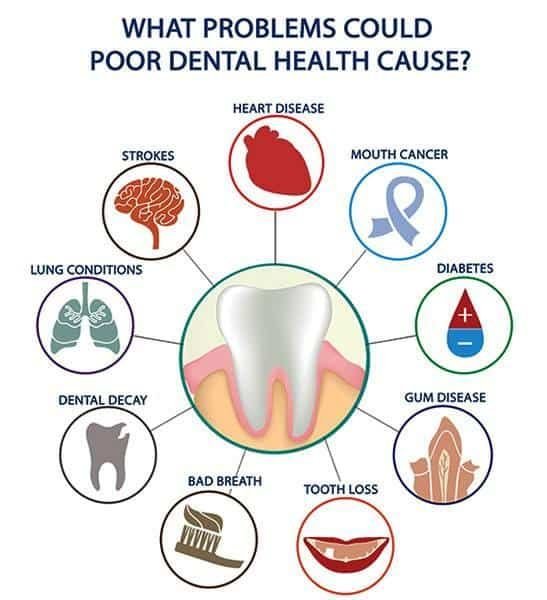Briefly Notes as regards Pain Control and Alleviation in Dental Care Clinics
Dental care or dentalcare is the maintenance of healthy teeth and may refer to:
Oral hygiene, the practice of keeping the mouth and teeth clean in order to prevent dental disorders
Dentistry, the professional care of teeth, including professional oral hygiene and dental surgery
Oral surgery, any of a number of medical procedures that involve artificially modifying dentition; in other words, surgery of the teeth and jaw bones.
Pain management and alleviation is a fundamental aspect part of operative dentistry.
Any operative procedure cannot be handled professionally without an adequate pain control. In dental care, a dentist
commonly get in touch with problems regarding pain, anxiety and infection and hence it is left with the operator manage these situations effectively.
Accordingly, clinician needs to be trained professionally on how to use drugs, which help to solve or drastically reduce these problems to the minimal level.
Pain induces the chances and set in of apprehension, anxiety, scare, nervousness, syncope and shock if not properly managed during treatment.
A patient who is not well composed may interfere with treatment which may leads injury during treatment and such situation can lead to
decreased work output and abysmal quality of work.
Pain control being a very vital part of operative dentistry is not very difficult to achieve though sometimes it becomes almost cumbersome and impossible to control pain.
A patient may suffer from mild to severe apprehension as regards a particular treatment.
Also, dental incident or the stories told by some previous dental visitors and patients may open uneasiness in the minds of potential subsequent patients when they found themselves at dental clinics.
When anxiety as regards dental treatment reaches a degree or situation that causes alteration of physiologic and psychological composure of body functions, then preoperative sedation can be introduced in form of sedatives or tranquilizers.
Recently, pharmacological drugs are easily gotten that work directly and effectively against anxiety with no much of side effects, and as such making dental treatment easier and less panicking for both the patient and the practitioner as the case maybe..
METHODS OF PAIN CONTROL
IN DENTAL CLINIC
Pain control can be achieved effectively by employing any of the
following methods depending on the available situation during the procedure:
i- Local anesthesia
ii- Utilizing high speed rotary devices with sharp burs and accompanied with coolants to lower the operating environment
iii- Analgesia
iv- Hypnosis
v- General anesthesia.
ANXIETY CONTROL
Certain patients maybe full of nervousness or psychological agitation that even find some some certain elementary procedures such as taking of radiographs unbearable or almost scary.
Some of them who outwardly appear
normal outwardly could suffer from some degree of apprehension.
A kind and understanding attitude
together with suggestion for control of such feelings towards alleviating such situations will be of great importance and usually yield acceptable needed response.
There are lots of techniques for management of anxiety are
available for use among dental professionals. These approaches are sometimes referred to as spectrum of pain and anxiety alleviation or control. These spectrums ranges from a wide
range of nondrug technique to general anesthesia.
In simple terms, there are two major types of sedation usually employed in dental care practice, which are
first, this requires no administration of drugs (iatrosedation) and second, requiring administration of pharmaceutical drugs
(pharmacosedation) as the case maybe depending on the situation at the point dental care procedures.

Hello,
Welcome to Hive.
Before publishing any content, could you please read these guides:
Hive Guide 101: Hive 101
AI Guide: AI-Generated Content = Not Original Content
Plagiarism Guide: Why and How People Abuse and Plagiarise
Thank you.